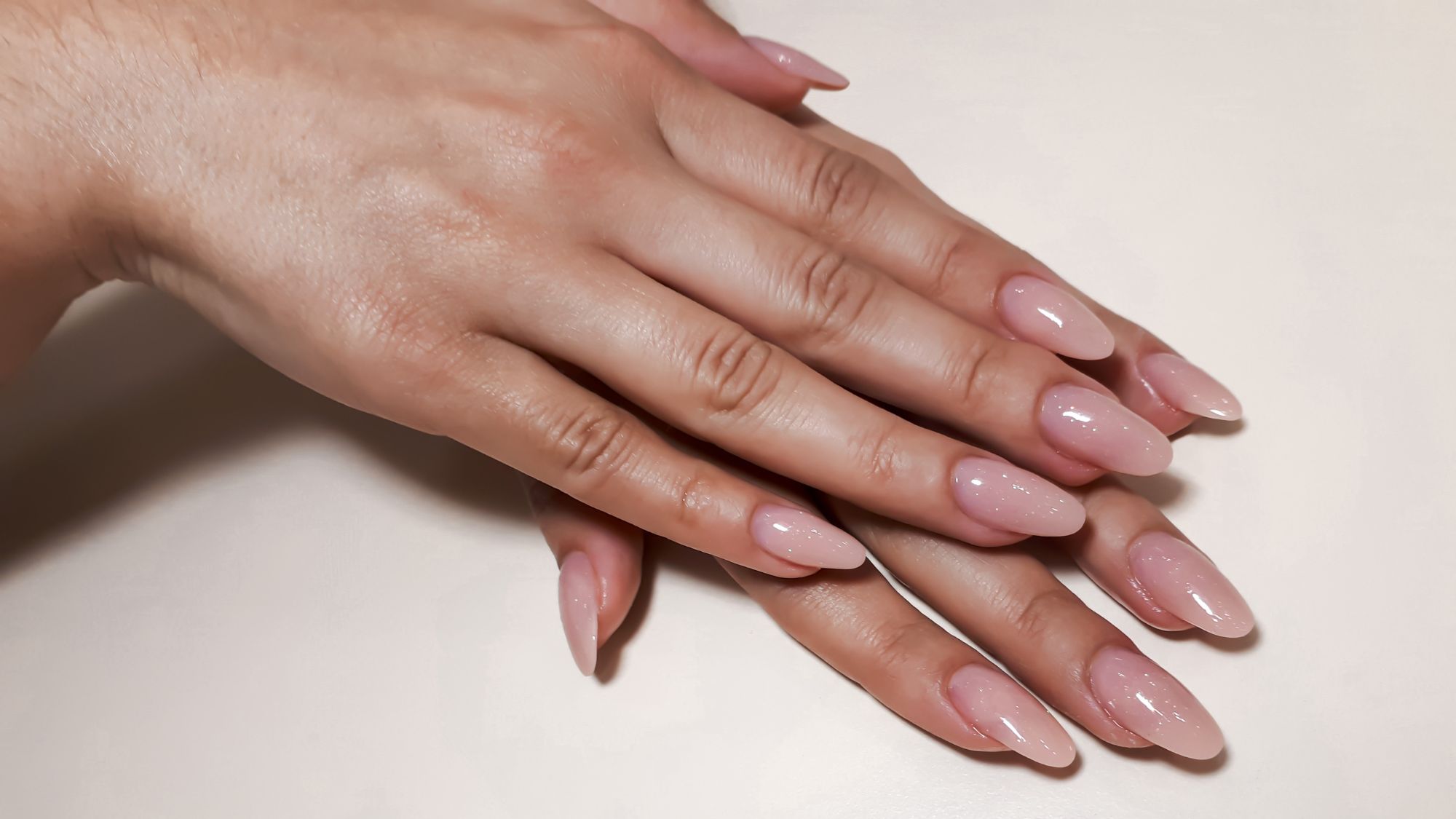Briefing - Women with disabilities - 14-07-2025
Both women and men with disabilities face inequalities because of their disability, but their experiences differ depending on their gender. The situation of women with disabilities is tough. They are worse off than women without disabilities and face more challenges than their male peers because of gender stereotypes that push women and men into traditional roles. Women and girls with disabilities face multifaceted discrimination due to both gender-based and disability-related barriers, affecting their access to education, employment, healthcare, and social participation. The UN Convention on the Rights of Persons with Disabilities and the Istanbul Convention, acknowledge the intersectional discrimination faced by women with disabilities. Likewise, the EU has responded through strategies like the European disability strategy (2021-2030) and the gender equality strategy (2020-2025), which promote inclusive, gender-sensitive policies. Legislative initiatives include the 2016 European Accessibility Act, the 2019 work-life balance directive, and the 2024 directive on violence against women. The European Parliament has consistently supported the rights of women with disabilities. Since the 1980s, it has adopted various resolutions addressing their systemic marginalisation and calling for intersectional approaches in EU policymaking. Recent actions include advocating for the recognition of gender-based violence as an EU crime and supporting the full implementation of the Istanbul Convention. The Parliament also highlights the need for targeted social, educational, and healthcare measures, reaffirming its commitment to ensuring equal rights and social participation for women with disabilities across the EU.
You may also like...
Diddy's Legal Troubles & Racketeering Trial

Music mogul Sean 'Diddy' Combs was acquitted of sex trafficking and racketeering charges but convicted on transportation...
Thomas Partey Faces Rape & Sexual Assault Charges

Former Arsenal midfielder Thomas Partey has been formally charged with multiple counts of rape and sexual assault by UK ...
Nigeria Universities Changes Admission Policies

JAMB has clarified its admission policies, rectifying a student's status, reiterating the necessity of its Central Admis...
Ghana's Economic Reforms & Gold Sector Initiatives

Ghana is undertaking a comprehensive economic overhaul with President John Dramani Mahama's 24-Hour Economy and Accelera...
WAFCON 2024 African Women's Football Tournament

The 2024 Women's Africa Cup of Nations opened with thrilling matches, seeing Nigeria's Super Falcons secure a dominant 3...
Emergence & Dynamics of Nigeria's ADC Coalition

A new opposition coalition, led by the African Democratic Congress (ADC), is emerging to challenge President Bola Ahmed ...
Demise of Olubadan of Ibadanland
Oba Owolabi Olakulehin, the 43rd Olubadan of Ibadanland, has died at 90, concluding a life of distinguished service in t...
Death of Nigerian Goalkeeping Legend Peter Rufai

Nigerian football mourns the death of legendary Super Eagles goalkeeper Peter Rufai, who passed away at 61. Known as 'Do...




